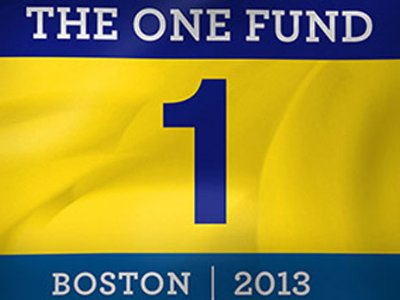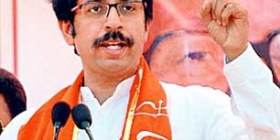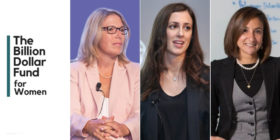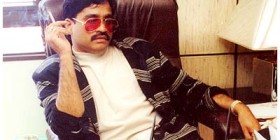More than $20 million — and counting — has poured into One Fund Boston in the week since twin bombs exploded during the Boston Marathon, and the goal is to get that money into the hands of those in need as quickly as possible.
Checks have arrived from around the globe, with businesses donating millions and children donating dollars, Mayor Thomas M. Menino said Tuesday, hours after meeting with bombing victims.
“It’s so important to keep those affected by this tragedy as our number one priority,” Menino said. “We’ll get through this together. We’ll help you move forward. We’ll support you during these difficult times.”
The $20 million will help the more than 250 people injured when two bombs made from pressure cookers blew up, piercing stomachs, heads, arms, and legs with projectiles. The money will help victims cope with the financial cost of recovery. Limbs were amputated. Ear drums were punctured. Psyches were smashed. Three people died in the blasts.
Menino and Governor Deval Patrick created the fund as a single source for the donations that began arriving almost immediately after the blasts. Patrick said it was the mayor who came up with the idea.
“There was such an outpouring of concern and generosity for people who were hurt by the bombing . . . it was clear from the start that we needed to be able to direct that energy,” the governor said. “In a week, a tremendous amount of money has been raised.”
The governor and mayor asked attorney Kenneth R. Feinberg to oversee One Fund Boston. Feinberg oversaw compensation funds for victims of the Sept. 11, 2001, attacks, and the Virginia Tech shootings as well as the endowment from the Deepwater Horizon oil spill. Feinberg will determine who will be eligible for payouts from the fund and how much each person deserves. All of the money will go to bombing victims, none to administrative costs, officials said.
“Every time I do this, I say to myself, ‘Well, hopefully that will be the last time,’ and it just isn’t the last time,” Feinberg said Tuesday during a news conference to highlight the procedures for distributing the money. “Bad things happen to good people everyday.”
Feinberg said he was ordered to ensure all the money is distributed with as little “fuss or red tape” as possible. People who think they might be eligible — someone injured in the blasts or relatives who lost a loved one — can expedite the process by registering online at
onefundboston.org or by calling 855-617-3863 beginning at noon Wednesday.
During the first week of May, Feinberg plans to hold two town hall meetings to hear from bombing victims, their families, and the public. The discussion will center on what should be done with the money and how it should be divided.
Feinberg said any money from One Fund Boston would be in addition to federal funds that victims and their families receive from Social Security or workers compensation as well as from private funds established to support victims. Out-of-state victims as well as those with and without insurance will also be eligible.
Businesses affected by the bombings, however, will not be covered. “There’s an assumption in my mind based on previous experience that the money will be limited, eligible to families of the dead, those physically injured, rushed to the hospital,” he said. “Whether or not we’ll look at other physical injuries, mental trauma remains to be seen.”
After Feinberg determines who qualifies and how much surviving victims and the families of the dead should receive, forms will be posted online. Beginning May 15, people will have one month to file a claim on behalf of themselves or a lost loved one.
After that, Feinberg will meet privately with any victim or family member. Bank of America, which is holding the money, will print checks by June 30. The fund, however, will remain open until Labor Day, and people can continue to donate.
Thus far, more than 50,000 people have contributed. More than 60 corporate donors have committed $15 million in total, with John Hancock, AT&T, Bain Capital, Partners HealthCare, New Balance, and Liberty Mutual each pledging $1 million.
Blue Cross Blue Shield of Massachusetts, the state’s largest private insurer, said Tuesday it has made a $100,000 contribution to the One Fund, and has also set up a matching program for its 3,500 employees. The insurer will match dollar-for-dollar any contribution its employees make.
“It’s not a lot of money when you look at the nature of the injuries, the number of injuries,” Feinberg said. “It’s a wonderful outpouring, but it will not make people whole.”
Kay Lazar of the Globe staff contributed to this report. Akilah Johnson can be reached at ajohnson@globe.com. Follow her on Twitter @akjohnson1922.






Leave a reply